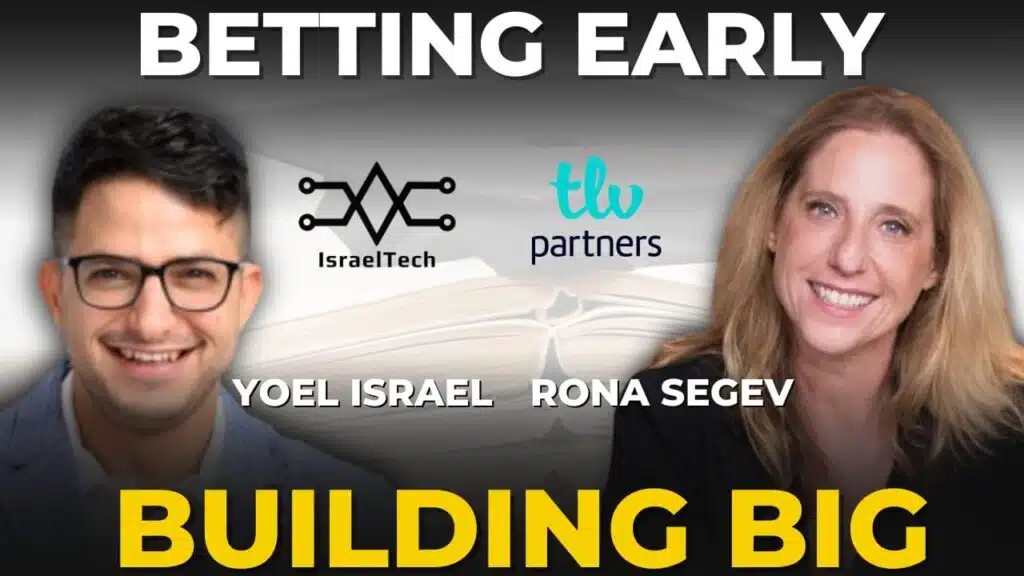Israel’s reputation as the “Startup Nation” often highlights its leadership in cybersecurity, AI, and med-tech. However, there’s another arena where Israel is quietly making waves: space technology and deep tech innovation. In this exclusive IsraelTech interview with Assaf Wise, CTO of Earth and Beyond Ventures, we explored how Israel is shaping its space ecosystem, the challenges of deep tech, and the critical role venture capital plays in fostering innovation.
Defining Deep Tech: Beyond Software
“Deep tech has many definitions—tough tech, hard tech. I like the hard tech definition because it’s focused on hardware, and it’s hard to achieve,” Wise explains. Unlike software-focused startups, deep tech solutions are deeply rooted in scientific research, patents, and long-term development cycles.
Wise shared a vivid analogy:
“Deep tech is the moment where a drop falls into a calm pool, just before hitting the water. It looks like a dream, but once it hits, it creates ripples that change the entire pool.”
This innovation isn’t just about engineering challenges—it’s about reshaping industries. Technologies that once seemed unattainable, like Mobileye’s computer vision algorithms for autonomous driving, were considered deep tech years ago but are now mainstream.
Israel’s Role in Space Technology
When people think of Israeli tech, space might not top their list. Wise challenges this misconception:
“Israel is the eighth country in the world to launch a satellite into space on its own. The Ofek 1 satellite in the early 1990s was a breakthrough. And we’re the seventh country to reach the moon—though, as I say, we landed a bit too fast!”
Israel’s achievements in space stem from necessity. Unlike most countries, Israel launches satellites westward to avoid crossing hostile airspace, sacrificing the natural boost provided by the Earth’s rotation.
“This limitation forced us to miniaturize our satellites. Where other countries launch payloads of half a ton or more, we focus on making satellites smaller and lighter. This has become a unique strength for Israel.”
From Defense to Commercial Space Ventures
Israel’s space technology has traditionally been defense-oriented, focusing on imaging satellites, radar systems, and secure communications. Wise highlights this distinction:
“All our space ecosystem, or most of it, is focused in the defense area, while places like the U.S. invest heavily in exploration. We’re beginning to see a shift, though, toward commercial applications, and that’s where Earth and Beyond Ventures comes in.”
The transition mirrors the U.S., where government-led initiatives like NASA have given way to private enterprises like SpaceX. Wise sees a similar future for Israel:
“We believe Israel’s space technology, especially in subsystems and components, is incredibly valuable for the global space economy. The challenge is moving from defense to viable commercial markets.”
The Challenges of Deep Tech and Space Startups
Developing hardware for space isn’t just expensive—it’s daunting. Satellites face extreme conditions, including temperature swings from +150°C to -150°C, vacuum environments, and prolonged exposure to radiation. Yet Israel’s experience in defense manufacturing offers a unique advantage.
“We’ve learned to build systems that are reliable and redundant. Every route, every communication line has a backup. This reliability, honed in the defense industry, translates directly to success in space.”
Wise emphasizes the importance of resourcefulness in Israel’s ecosystem:
“Startups here don’t have the funding that American startups have. When you lack resources, you’re forced to be creative. That’s why Israel has become a hub for smaller satellites, advanced materials, and deep tech solutions.”
Earth and Beyond Ventures: Nurturing Innovation
Earth and Beyond Ventures is playing a pivotal role in supporting Israel’s burgeoning space and deep tech sectors. The firm provides pre-seed and seed funding—up to $2M per startup—while offering access to labs, equipment, and academic partnerships.
“It’s not just about writing a check. We provide startups with the infrastructure they need—labs, collaborations with universities, and even shared facilities—so they can focus their funds on innovation.”
This hands-on approach reduces costs and accelerates development, allowing startups to build commercially viable products for both space and Earth applications.
The Future of Israel’s Space Industry
Looking ahead, Wise envisions Israel becoming a global leader in commercial space technology.
“Today, the U.S. dominates the space market. But I believe the next frontier is here in Israel. With our expertise in subsystems and miniaturization, I can see companies like SpaceX looking to Israel for cutting-edge solutions.”
Wise also predicts a growing focus on dual-use technologies—those applicable in both space and Earth markets. Examples include advanced detectors, flexible glass for solar panels, and high-speed communication systems.
Conclusion: Turning Challenges into Opportunities
Israel’s space and deep tech industries exemplify the country’s ability to innovate under pressure. As Wise aptly puts it:
“We’ve achieved so much not because we’re smarter, but because we’ve had no choice. Constraints force creativity. That’s why we build smaller satellites, more efficient systems, and cutting-edge solutions.”
With the support of venture capital firms like Earth and Beyond Ventures, Israel is poised to make its mark not only on Earth but also among the stars.
Discover more with IsraelTech! For additional exclusive interviews, explore our IsraelTech blog. If you’re looking to elevate your next event with unique coverage and engagement, check out IsraelTech Events. Or, experience Israel’s tech scene firsthand with our IsraelTech Tours. Click through to learn more!




